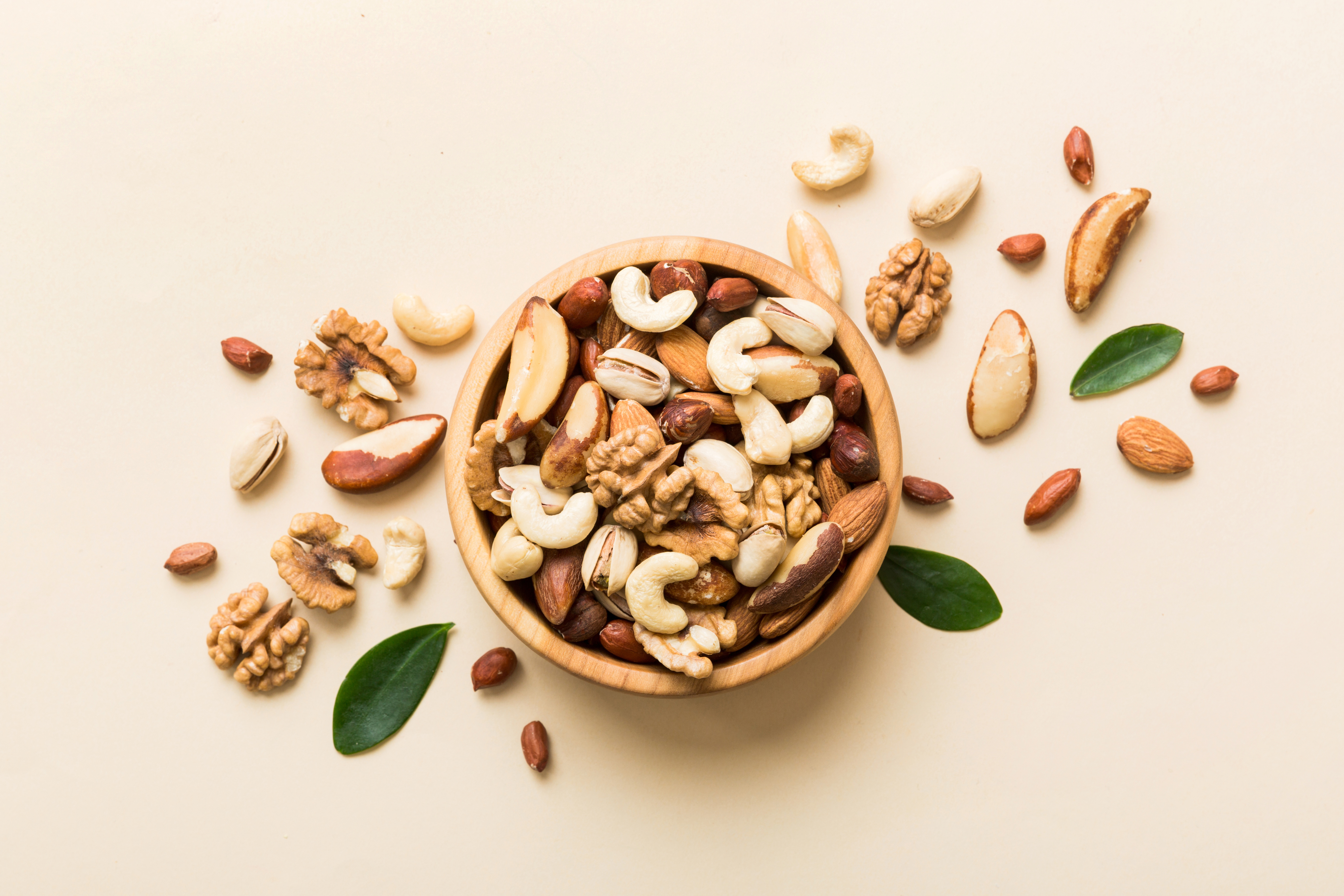Nuts are a popular and nutritious snack for humans, but when it comes to our dogs, not all nuts are created equal. Some nuts can pose serious health risks, while others can be a safe and healthy addition to their diet. In this comprehensive guide, we'll explore the dangerous nuts for dogs, highlight the nuts that are safe for canine consumption, and provide essential information on what to do if your dog happens to indulge in the wrong kind of nut.
Dangerous Nuts for Dogs
- Macadamia Nuts: Macadamia nuts are among the most toxic nuts for dogs. Even a small amount can lead to symptoms like weakness, vomiting, and hyperthermia. In severe cases, ingestion can result in muscle tremors and paralysis. Keep all macadamia-containing foods, such as cookies and candies, out of reach of your furry companion.
- Walnuts: While not inherently toxic, walnuts can be problematic due to a specific type of mold commonly found on them. Moldy walnuts can contain mycotoxins, which can lead to tremors and seizures in dogs. The high fat content in walnuts can also cause digestive upset, leading to stomach pain and discomfort.
- Almonds: Raw almonds can be challenging for dogs to digest, potentially leading to upset stomach and gastrointestinal issues and the hard texture of almonds can pose a choking hazard. If you want to share almonds with your pup, opt for unsalted, plain, and preferably roasted ones in moderation.
- Pecans: Pecans are high in fat and can cause digestive issues for dogs. Moldy pecans can even contain mycotoxins, similar to those found in walnuts. Keep pecans away from your dog, and be cautious of any fallen nuts in your backyard.

Safe Nuts for Dogs
- Peanuts: Peanuts (in moderation and without added salt or seasoning) are generally safe for dogs. They can provide a good source of protein and healthy fats. However, be cautious with peanut butter that contains xylitol, a sugar substitute that is toxic to dogs.
- Cashews: Cashews are safe for dogs in small quantities. They are a good source of protein and healthy fats. Make sure to feed them unsalted and unseasoned cashews, and be mindful of the high-calorie content.
- Hazelnuts: Hazelnuts, when plain and unsalted, can be a safe treat for dogs. They are a good source of vitamins and minerals. However, as with any treat, moderation is key to prevent excessive calorie intake.
- Pistachios: In moderation and without shells, pistachios can be a safe nut for dogs. Shells can be a choking hazard, and the salted variety should be avoided due to their high sodium content.
What to Do If Your Dog Eats Dangerous Nuts
If you suspect or witness your dog consuming any nuts known to be toxic, it's crucial to take immediate action. Here are the steps to follow:
- Contact Your Vet: Call your vet right away and provide them with information about the type and quantity of nuts your dog has ingested. They will guide you on the appropriate course of action based on your dog's size, weight, and the type of nut involved.
- Monitor Symptoms: Keep a close eye on your dog for any signs of distress or symptoms related to nut ingestion, such as vomiting, diarrhea, lethargy, tremors, or difficulty breathing.
- Induce Vomiting (if advised by the vet): In some cases, your veterinarian may recommend inducing vomiting to prevent further absorption of toxins. However, never attempt to induce vomiting without professional guidance, as it can be dangerous.
- Seek Immediate Veterinary Attention: If your dog exhibits severe symptoms or if you're unsure about the severity of the situation, seek immediate vet attention. Time is of the essence in cases of nut toxicity, and prompt treatment can make a significant difference in the outcome.
Navigating the world of nuts for dogs requires a keen awareness of which nuts are safe and which are potentially dangerous. By being proactive in keeping hazardous nuts out of reach and understanding the appropriate nuts to share in moderation, you can help ensure the well-being of your furry friend. In the event of accidental ingestion of dangerous nuts, quick action and consultation with a veterinarian are crucial.









